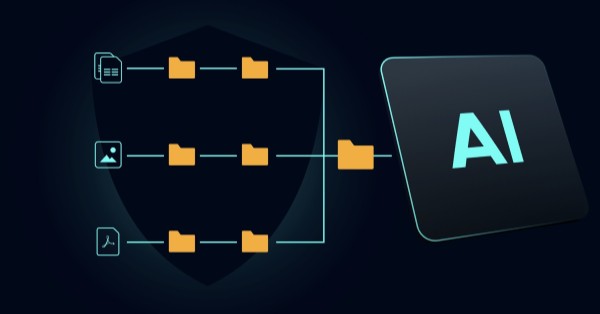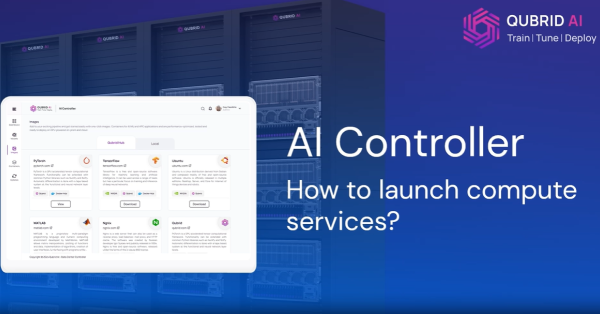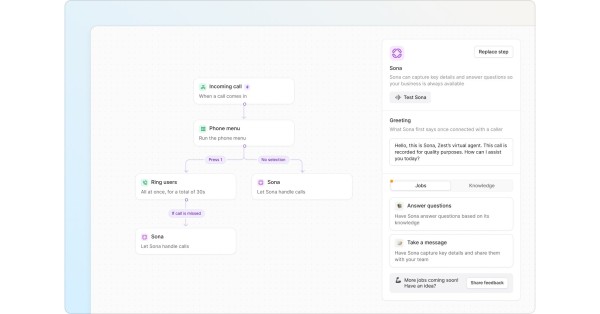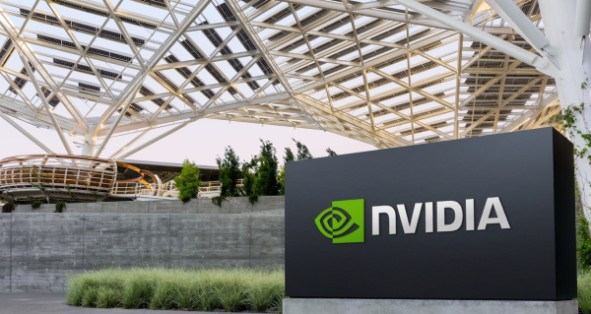Ericsson (NASDAQ: ERIC) announces AI-powered intent-based operations, within its managed services Ericsson Operations Engine, to enable differentiated premium 5G services for consumers and enterprise businesses.
The new AI intent-based operations capabilities will provide an end-to-end framework to translate business requirements into real-time network actions. Leveraging one of the largest telco AI and automation use case libraries, Ericsson Operations Engine now can recommend and take the necessary actions, check network intents are met and support evaluation of solution options with pre-defined strategies.
This process of making recommendations and taking action is fully transparent and supports optimized decision-making with the speed and agility needed to enable new diverse services.
AI intent-based operations enable a wider variety of applications and use cases for consumers and businesses. As premium 5G services like network slicing roll out, scale and grow more complex, a new generation of operating models will be required for CSPs to monetize configurable services with detailed agreements on functional and non-functional characteristics.
The technology introduced today will seamlessly support self-optimizing networks that are driven by intent and hyper-automation and can dynamically adapt for increased service demand variability.
Ericsson’s AI intent-based operations has already proven successful in trial customer deployments with Malaysia’s Digital Nasional Berhad (DNB) leveraging it to deliver customized 5G services with guaranteed performance
Ken Tan, Chief Technology Officer, Digital Nasional Berhad says: “Our strategic partnership with Ericsson has contributed greatly to us becoming a world leader in 5G performance. Together, we implemented the world’s first multi-operator core network (MOCN), which allows Malaysia’s six mobile operators to access 5G Radio Access Network with their own core network without compromising any end-user experience or network performance. Now, the continued adoption of AI intent-based operations is allowing us to scale the network without incremental cost, which is essential for making 5G affordable and available for consumers and enterprises, as Malaysia continues to adopt digitalization.”
Bradley Mead, Head of Ericsson Managed Services says: “With this award-winning solution, we are enabling Ericsson Operations Engine to really understand communication services providers’ (CSPs) own business language and translate it into a telco service technical specification so that the network automatically delivers the requested business outcome, and is able to constantly evolve to meet future demands. This is a big step in our autonomous networks journey which shows how Ericsson Operations Engine continues to be at the forefront of innovation when transforming network operations.”
To learn more about Ericsson’s intent-based operations, click here.
NOTES TO EDITORS:
FOLLOW US:
Subscribe to Ericsson press releases here
Subscribe to Ericsson blog posts here
https://twitter.com/ericsson
https://www.facebook.com/ericsson
https://www.linkedin.com/company/ericsson
MORE INFORMATION AT:
Ericsson Newsroom
media.relations@ericsson.com (+46 10 719 69 92)
investor.relations@ericsson.com (+46 10 719 00 00)
ABOUT ERICSSON:
Ericsson enables communications service providers and enterprises to capture the full value of connectivity. The company’s portfolio spans the following business areas: Networks, Cloud Software and Services, Enterprise Wireless Solutions, Global Communications Platform, and Technologies and New Businesses. It is designed to help our customers go digital, increase efficiency and find new revenue streams. Ericsson’s innovation investments have delivered the benefits of mobility and mobile broadband to billions of people globally. Ericsson stock is listed on Nasdaq Stockholm and on Nasdaq New York. www.ericsson.com
RELATED LINKS:
- AI Intent-based operations
- The future runs here
- Driving 5G monetization through intent-based network operations
- How to leverage intent-based automation with AI/ML for 5G RAN



























